Ethereum has undergone several updates and forks, leading to different versions and related blockchains. Here’s a list of some of the major ones, keeping in mind that the landscape of blockchain technology is rapidly evolving and new forks or versions may have emerged since:
Ethereum (ETH):
- The main Ethereum blockchain, often referred to as Ethereum Mainnet.
- Underwent significant updates like Ethereum 2.0 (also known as Serenity) which transitioned the network from a proof-of-work (PoW) to a proof-of-stake (PoS) consensus mechanism.
Ethereum Classic (ETC):
- A continuation of the original Ethereum blockchain following the DAO hack in 2016.
- It maintains the original Ethereum code and continues to operate on a proof-of-work model.
Testnets (Ropsten, Rinkeby, Goerli, Kovan):
- These are testing networks for Ethereum, where developers can test new applications and updates before deploying them on the main Ethereum network.
- They simulate the Ethereum network and use test ETH, which has no real-world value.
Layer 2 Networks (Optimism, Arbitrum, zkSync, etc.):
- These are not separate blockchains but scaling solutions built on top of the Ethereum mainnet.
- They aim to increase transaction throughput and reduce costs while inheriting Ethereum’s security model.
Forked Networks:
- Over time, there have been several forks of Ethereum for various reasons, such as improving scalability, altering the consensus mechanism, or community disagreements.
- Examples might include forks like EtherZero or others, but their relevance and stability vary greatly.
Private/Ethereum-based Networks:
- Various organizations have created their own private or permissioned blockchains based on Ethereum technology.
- These are often used for enterprise solutions and are not public blockchains like Ethereum Mainnet.
Sidechains (Polygon, xDai, etc.):
- These are independent blockchains that run parallel to the Ethereum Mainnet and have their own consensus mechanisms but are compatible with Ethereum.
- They offer scalability and efficiency for specific use cases and can interoperate with the main Ethereum network.
Please note that the above list might not include all existing Ethereum-related blockchains, especially if new ones have been developed or if existing ones have been discontinued.
